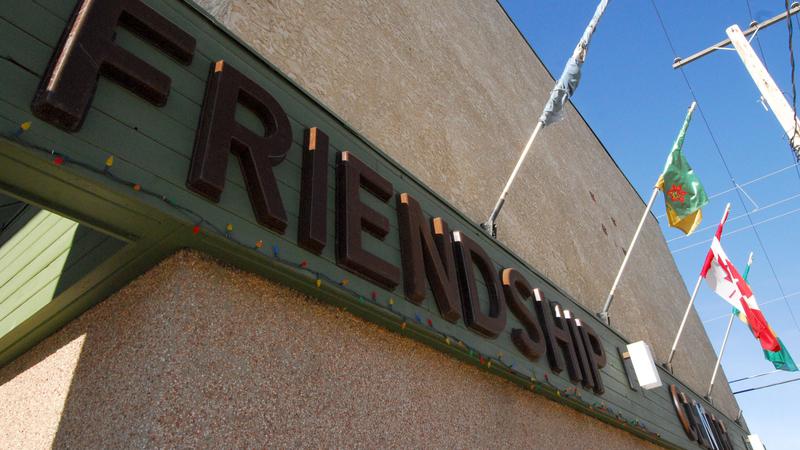
Using Indigenous knowledge as a blueprint for success
A new report from the Aboriginal Friendship Centres of Saskatchewan (AFCS) lays out a blueprint for Indigenous women’s success.
Honouring Her Spark: A Saskatchewan Indigenous Women’s Economic Framework is the result of consultation with women across Saskatchewan. At its core, the three-part approach focuses on supporting Indigenous women and LGBTQ2S+ individuals to achieve economic security and prosperity.
“It’s going to spark a new phase and hopefully a lot of new partnerships and conversations,” Alicia Buckley, AFCS program director told paNOW.
Janet Carriere, executive director of the Prince Albert Indian and Métis Friendship Centre, is similarly excited about the potential for the document to create change.


